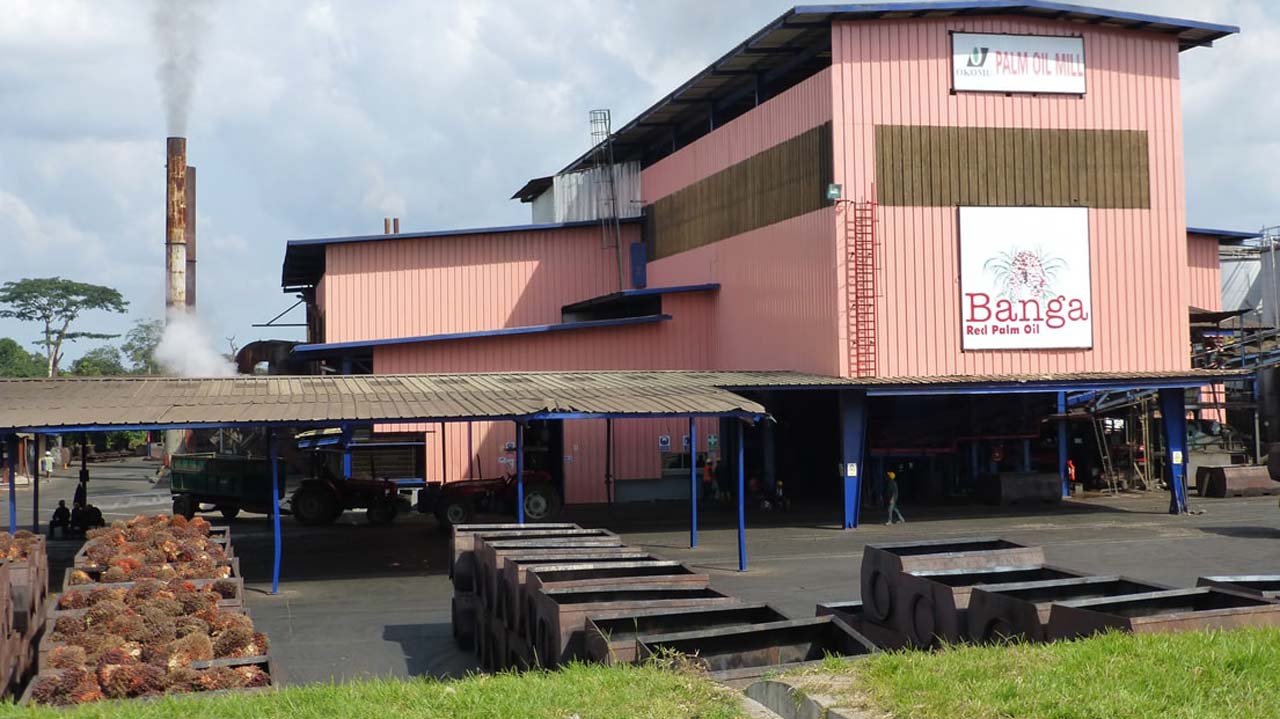.Inclusivity: women group seek stronger partnership with government, development agencies
Kuni Tyessi and Alex Enumah in Abuja
The United Nations has disclosed that based on research only 23 per cent of women-owned businesses in Nigeria have access to formal credit compared to 34 per cent of women-owned businesses.
Also, women in the country have called for a stronger partnership with governments at all levels and development agencies, to enhance their economic and socio-political development.
With only 23 per cent of women-owned businesses in Nigeria having access to formal credit, the United Nations said this was a critical factor limiting women from pushing their businesses forward.
It further stated that women entrepreneurs as well as small and medium enterprises play vital roles in sustaining the Nigerian economy by contributing significantly to the Gross Domestic Product (GDP) which includes employment, innovation and national development.
Speaking yesterday in Abuja at the fifth Conference of the Women Enterprise Alliance, UN Women country representative to Nigeria, Beatrice Eyong, said women-led enterprises were driving growth, creating jobs, and reducing poverty across communities in spite of persistent challenges.
She reiterated that while women were visible in enterprise, they remained largely excluded from the impacts and growth that expanded productivity, competitiveness, and wealth.
According to her, “Only 23 per cent of women-owned businesses in Nigeria have access to formal credit compared to 34 per cent of women-owned businesses.
“Nigeria’s economy rests firmly on the shoulders of small and medium enterprises. According to the SMEDAN and NBS 2023 survey, MSMEs make up 96.7 per cent of all businesses, contribute 49 per cent of national GDP and employ more than 84 per cent of the labour force.
“Within the sector, women own about 43 per cent of micro and small enterprises, yet most of these are in the informal economy, undercapitalised, under protected and often overlooked in formal policy and financial systems,” she said.
The UN scribe said that many women entrepreneurs operated in environments constrained by poor infrastructure, limited internet access, and regulatory bottlenecks, which called for actionable interventions.
She said that there was a need to promote inclusion for women and strengthen the link between policy formulation, implementation, and accountability.
Eyong said that in every stage of policy making, women needed to be involved and visible to bridge the gap and ensure gender-responsive financial mechanisms, from micro-credits to venture capital, to empower women entrepreneurs.
She, however, commended Nigeria’s policy commitments, especially the National Gender Policy 2021-2026, the National Policy on MSMEs, and the National Development Plan 2021-2025 for making gender provisions.
Eyong noted that the policies recognised women’s economic empowerment as a cross-cutting enabler within the framework, a development she described as impressive.
Women in the country have called for a stronger partnership with governments at all levels and development agencies, to enhance their economic and sociopolitical development.
Meanwhile, the women under the platform of New Dawn For Women And Community Intervention Initiative (NEWOMCII) who made the call for a stronger partnership with governments at all levels and development agencies, predicated it on the need for a more inclusive, empowered, and compassionate Nigeria.
National Coordinator of NEWOMCII, Hajia Sa’adatu Adamu Bokane, who made the call in Abuja, said that NEWOMCII is driven by the conviction that “when a woman rises, a family stands; and when a community thrives, a nation prospers.”
Bokane also revealed that the women group specifically came to life to give voice to countless women, families and communities yearning for change, dignity, and opportunities.
“As the National Coordinator of New Dawn for Women and Community Intervention Initiative (NEWOMCII), I stand here not just as a representative of an organisation but as a voice for countless women, families, and communities yearning for change, dignity, and opportunity.
“Our mission at New Dawn for Women and Community Intervention Initiative (NEWOMCII) is simple yet powerful: to empower women and engender development in communities through targeted interventions, education, and community-based initiatives that promote socio-economic growth, and holistic well-being,” she said.
Observing that the group’s motto is, ‘Strengthening women’, Bokane, disclosed that over the past months and years, the group has seen the silent struggles of women across rural and urban Nigerian mothers who toil endlessly but lack access to healthcare, widows who are left without support, young girls whose dreams are cut short, and families torn apart by poverty and neglect.
She said this is why the group was born to bring light into those dark corners, to remind every woman and every community that their stories can be rewritten, and that their futures can be brighter than their past.
“Through our various interventions from skills empowerment programmes, widows support, and to community development projects, we will touch lives and rekindle hope in places where it was nearly lost.
“But we are just getting started. Today’s press conference is not only to share our aims and objectives, but also to call for stronger partnerships with government agencies, the private sector, the media, and every Nigerian of goodwill.
“Change cannot come from one organisation alone. It will take a collective heartbeat of compassion, unity, and purpose. As we look ahead, our focus is clear: To expand our Women Empowerment and livelihood programmes to reach more rural communities; to intensify our campaign for gender equality; to promote community ownership; and to strengthen community-based and resilience programs that touch lives at the grassroots. We are not here to lament.
“We are here to act. We are not waiting for hope. We are building hope,” the national coordinator said.


